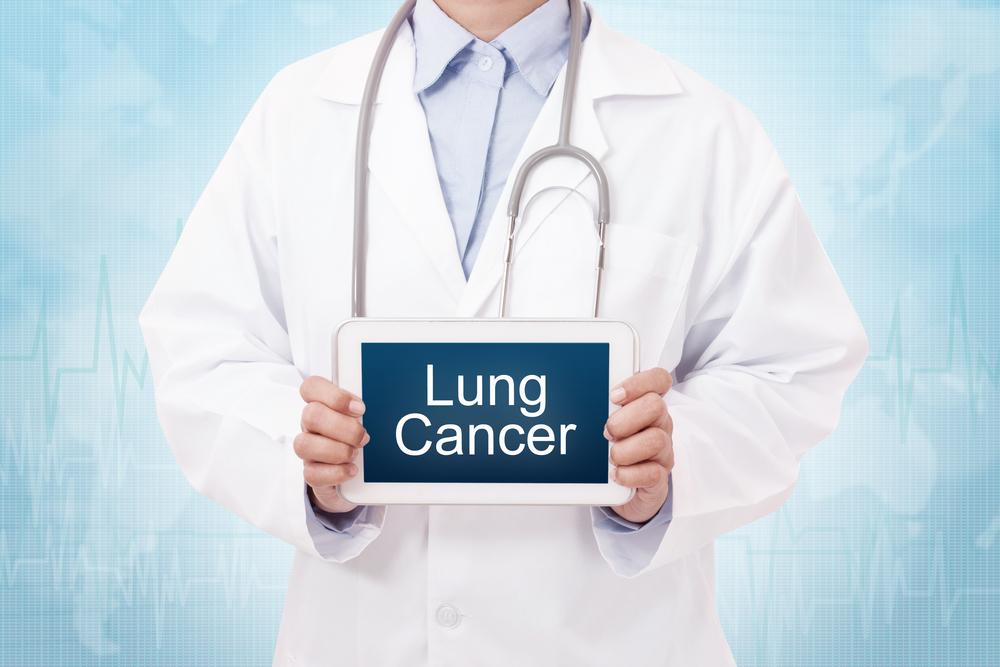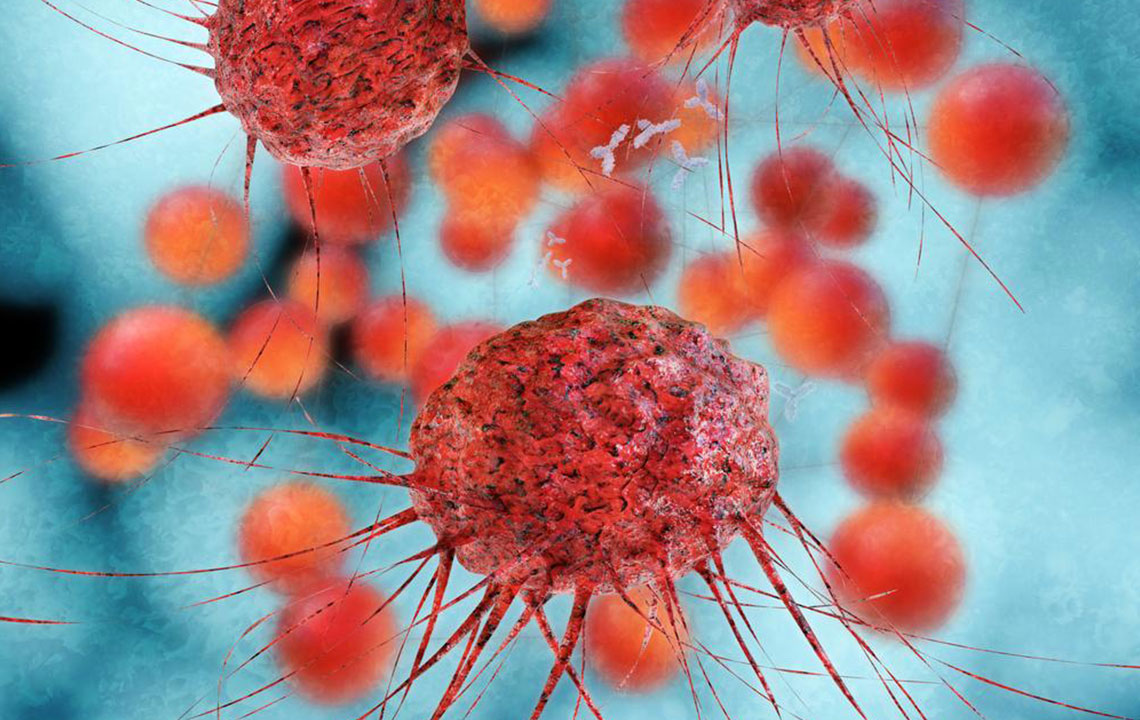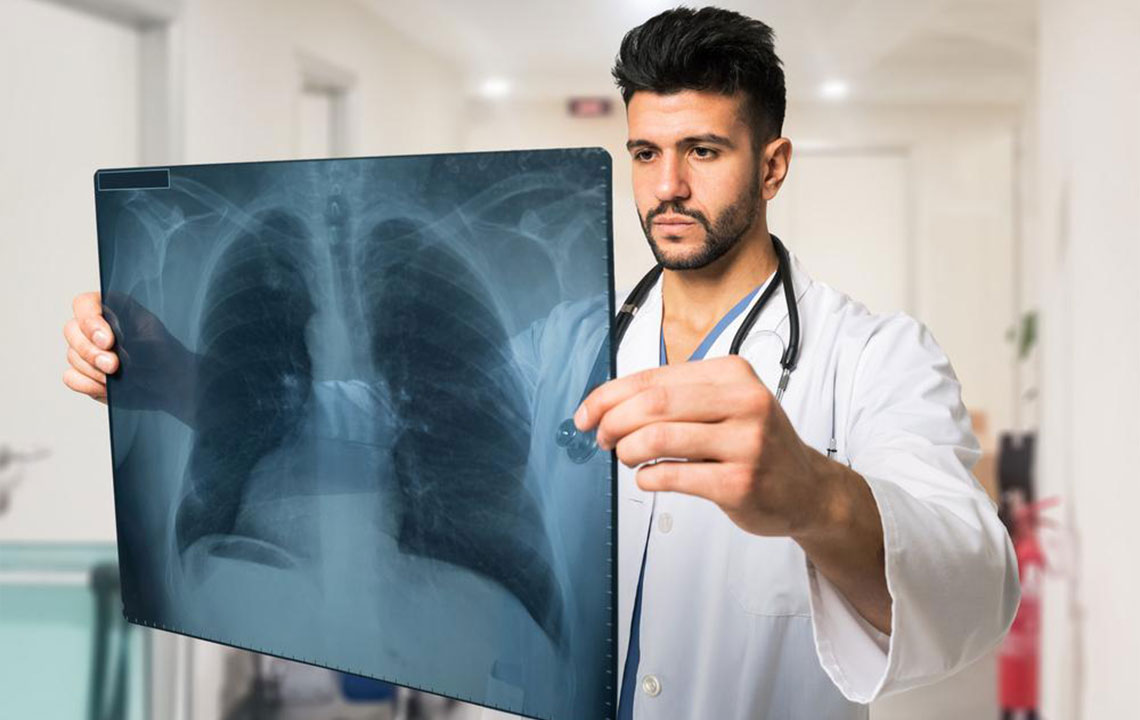Innovative Approaches to Lung Cancer Treatment
This article explores current and emerging lung cancer treatments, including surgery, radiation, and chemotherapy. It highlights how early detection can lead to less invasive options and discusses management strategies for advanced cases, emphasizing personalized approaches and future research. Patients are encouraged to understand their options for improving quality of life and treatment success.

Innovative Strategies for Combating Lung Cancer
Managing lung cancer typically involves a variety of advanced treatments. Patients with small tumors might qualify for stereotactic body radiotherapy, which targets the cancer from multiple angles, often eliminating the tumor in just a few outpatient sessions. Early detection allows about a third of patients to undergo surgery with minimally invasive techniques, removing only the affected lung segment or lobe. In more severe cases, entire lungs or lymph nodes may be removed to prevent spread. Post-surgical rehabilitation, including physical therapy and oxygen therapy, helps patients regain normal breathing, even after significant lung resections.
In cases where cancer has spread or surgery isn’t feasible, radiation and chemotherapy become primary options. Radiation treatment uses focused beams to destroy cancer cells and may be administered before surgery to shrink tumors or as a stand-alone therapy for patients too weak for surgery. Chemotherapy utilizes drugs to kill cancer cells systematically and has improved significantly, reducing side effects. For advanced cases, lung transplants are rarely an option due to the high risks involved and the impact of immunosuppressive drugs on cancer progression. The optimal treatment varies depending on whether the diagnosis is small cell or non-small cell lung cancer, both linked to smoking or radon exposure but requiring tailored approaches.
Lung Cancer Treatment
Radiotherapy
Chemotherapy
Most patients benefit from personalized treatment plans combining surgery, radiation, or chemotherapy based on disease stage and health status. Despite challenges, many individuals can lead normal lives post-treatment due to the lungs’ ability to compensate for lost tissue. Continued research aims to improve outcomes and develop less invasive therapies for lung cancer patients.









